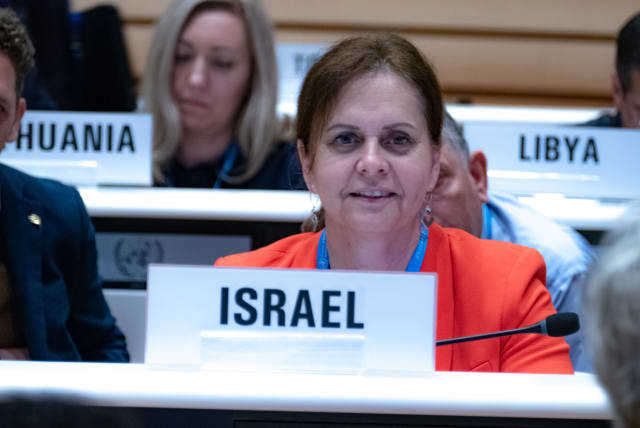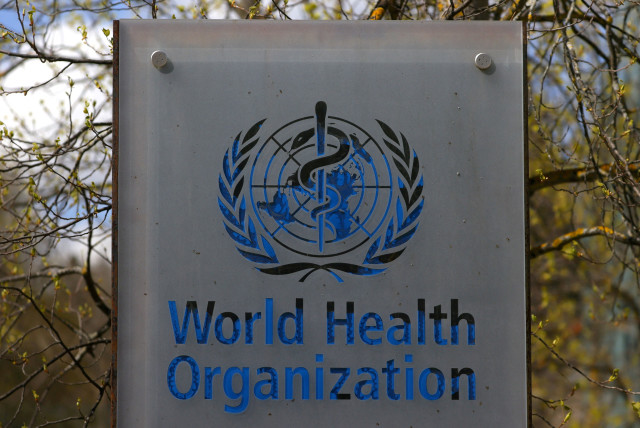World Health Assembly adopts Israeli-led resolution on rehabilitation in health systems

The resolution specifically calls on member countries to allocate more resources to rehabilitation needs and include it as an essential health strategy for achieving universal health coverage.
The first-ever resolution focusing on “Strengthening Rehabilitation in Health Systems” has been adopted by the World Health Organization (WHO) that was spearheaded by Israeli health experts and supported by colleagues from Argentina, Brazil, Colombia, Croatia, Kenya, Morocco, Rwanda and Slovakia.
It received global support, was assisted by close collaboration with civil society organizations and was approved without a vote during the 76th World Health Assembly now taking place in Geneva, Switzerland.
Globally, one out of every three individuals today are estimated to be living with a health condition that would benefit from rehabilitation, and the numbers are expected to increase rapidly due to the aging population, the spread of new infectious and non-communicable diseases and the consequences of disasters. At present, rehabilitation needs are largely unmet globally and, in many countries, more than half of those do not receive the rehabilitation services they need.
Why is rehabilitation an important issue to address?
Rehabilitation addresses the impact of a health condition on a person’s everyday life by optimizing their functioning and reducing their experience of disability. Rehabilitation expands the focus of health beyond preventative and curative care to ensure people with a health condition can remain as independent as possible and participate in education, work and meaningful life roles. Anyone may need rehabilitation at some point in his or her life, whether suffering from an injury, disease, illness, or because functioning has declined with age.
The resolution specifically calls on member countries to allocate more resources to rehabilitation needs and include it as an essential health strategy for achieving universal health coverage. It also calls on WHO’s Director-General Dr. Tedros Adhanom Ghebreyesus to develop feasible global health system rehabilitation targets and indicators for effective coverage of rehabilitation services by 2030.
Israel’s envoy to the United Nations in Geneva, Ambassador Meirav Eilon Shahar, commented that “rehabilitation should be part of Universal Health Coverage, and countries should fully embrace this new initiative. Israel is proud to champion this topic and – for the second time in two years – lead the successful adoption of a WHO resolution.”
She added that “Israel is a valued partner on the international stage, and today’s diplomatic success demonstrates our commitment to advancing global health and contributing to multilateral efforts.”
Jerusalem Post Store
`; document.getElementById("linkPremium").innerHTML = cont; var divWithLink = document.getElementById("premium-link"); if (divWithLink !== null && divWithLink !== 'undefined') { divWithLink.style.border = "solid 1px #cb0f3e"; divWithLink.style.textAlign = "center"; divWithLink.style.marginBottom = "15px"; divWithLink.style.marginTop = "15px"; divWithLink.style.width = "100%"; divWithLink.style.backgroundColor = "#122952"; divWithLink.style.color = "#ffffff"; divWithLink.style.lineHeight = "1.5"; } } (function (v, i) { });

